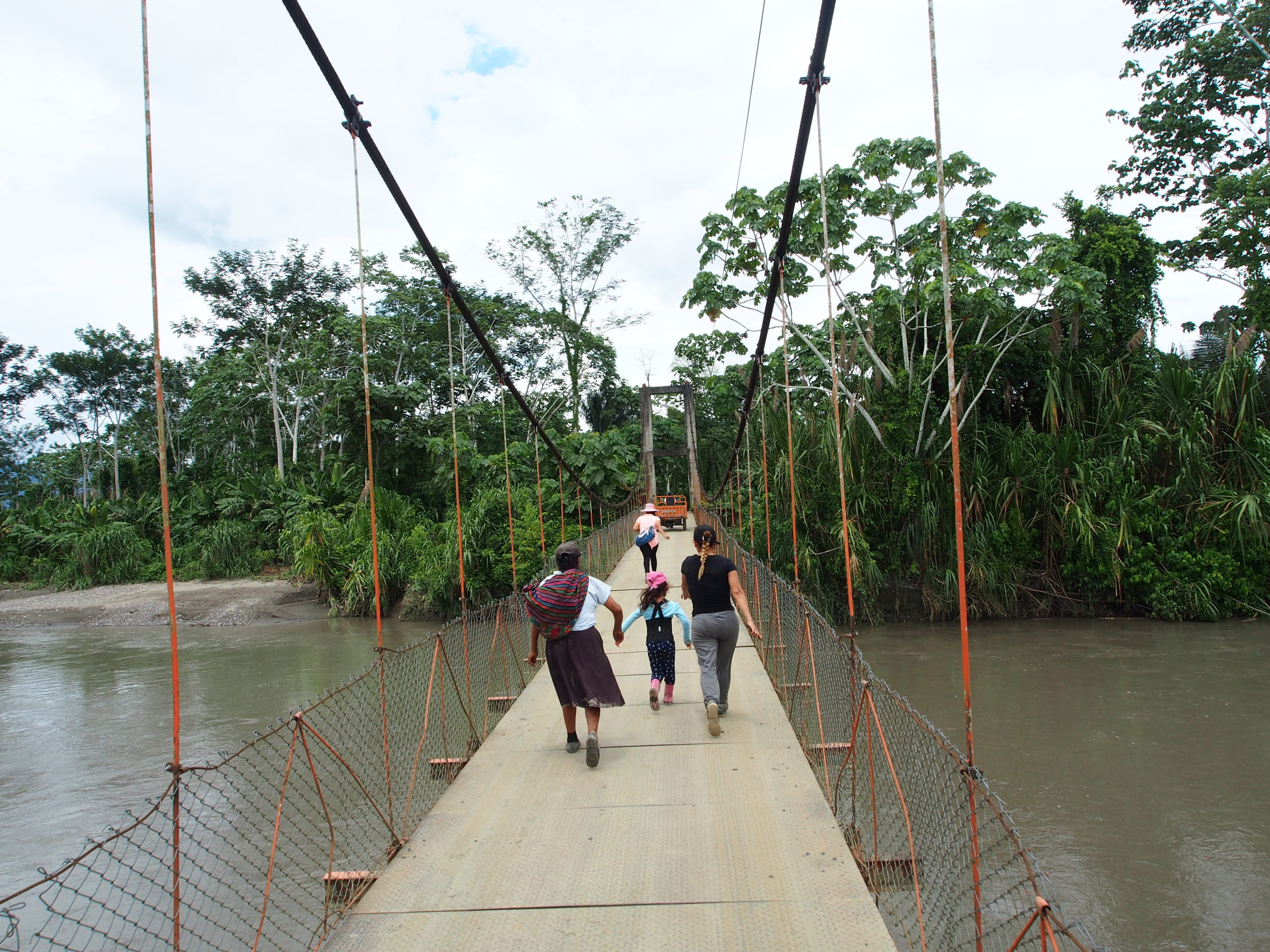On the 28th May, our team organized a panel at the Latin American Studies Association (LASA) Annual Congress. The panel explored policy approaches towards those who survive at the very lowest rungs of the illicit global trade, their successes and failures in Latin America and the lessons learned from recent efforts at developing new models.
Panel title: The Latin American Challenge to Drug Control Policy
There is a clear relationship between poverty and drug trafficking. However, governments have tended to focus on the criminal aspects of the latter rather than the redistributive policy implications of the former. The international community, led by the US, still prioritizes drug crop eradication and interdiction actions in ‘producer’ and ‘transit’ states, imposing disproportionate costs on the countries that are on the front line of the international ‘drug war’. This approach has destroyed local economies, criminalized some of the most vulnerable sectors of society, legitimized oppressive policing and empowered local militaries. But, after half a century of compliance with the US-led and UN-sanctioned global prohibition regime, political elites in the Americas have started to push back. Examples include the Commission on Drugs and Democracy (comprised of former heads of state), the 2013 Organization of American States report that prioritizes public health and safety strategies, Jamaica’s decriminalizing reforms in 2015, and Bolivia’s participatory model to regulate coca cultivation. This panel will bring together a set of scholars to examine the opening-up of the drug policy debate and the implications for those who survive at the very lowest rungs of this illicit global trade. The organizers will engage scholars working on the drug trade from a number of disciplinary perspectives and at varying sites to examine similarities and differences in grassroots experiences along the drug commodity chain.
Discussant: Thomas Grisaffi
Chair: Linda Farthing
Regulation to the Rescue? The Political Impact of Framing Drug Policy Reform as Alternative to Drug Violence
Jonas Von Hoffmann, University of Oxford;
Pasta, Puertos, y Poshecos: Drug use & petty trafficking infrastructure in a cocaine production enclave
Sydney Silverstein, Boonshoft School of Medicine, Wright State University;
La Erradicación en Suspenso: Sinergias Multinivel en el Control del Cultivo Ilícito de la Coca en el VRAEM
Maritza Paredes and Alvaro Pastor, Pontificia Universidad Católica del Perú;
Turning over a new leaf: Regional applicability of innovative drug crop control policy in the Andes
Kathryn Ledebur, Director, Andean Information Network;

